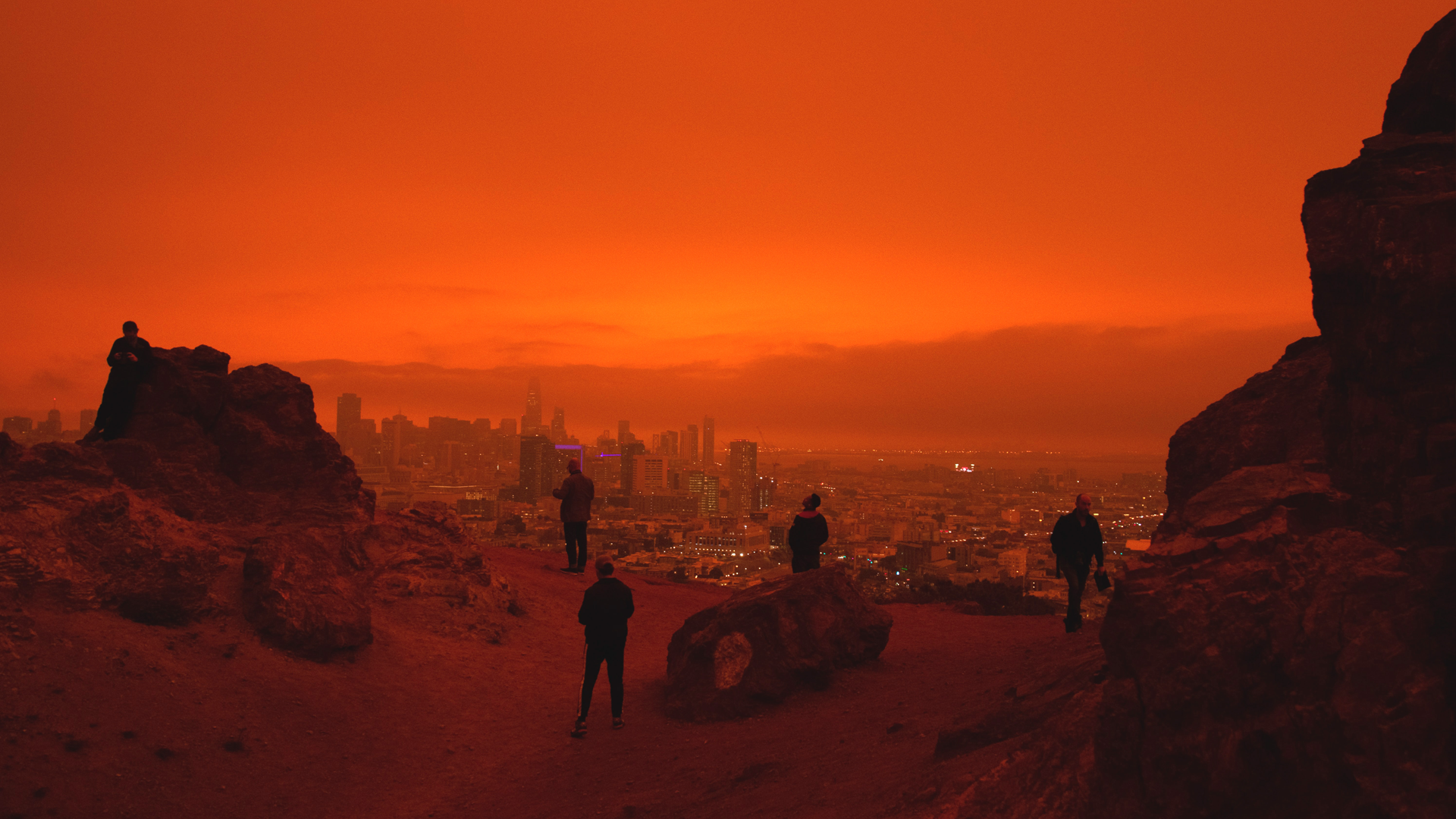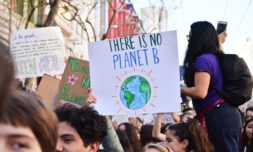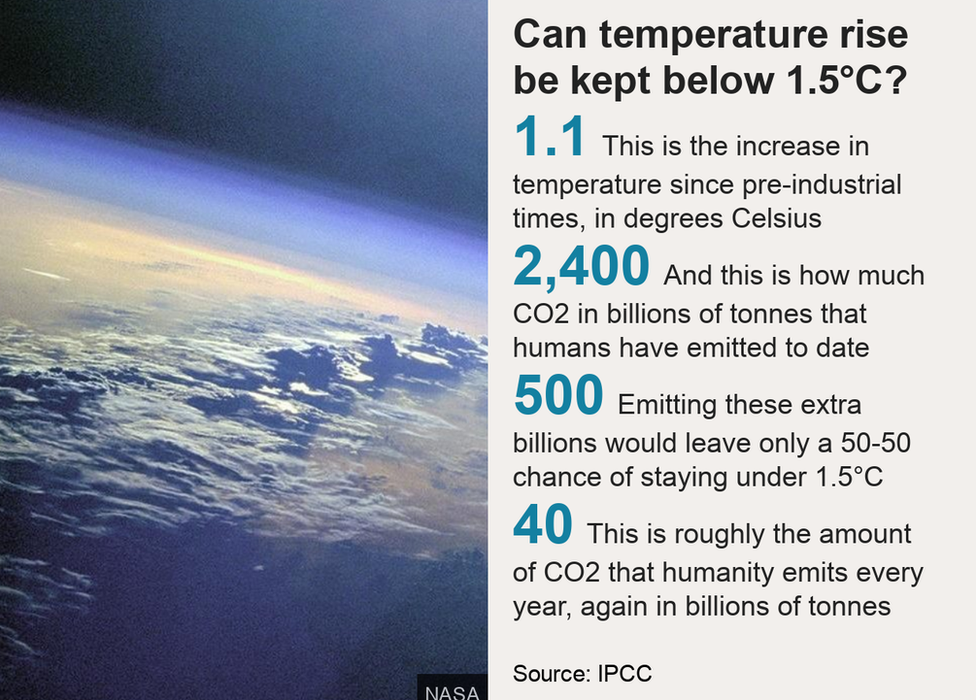Published this morning, the world’s largest ever climate change study sets out the stark reality of the state of our planet. Here’s what you need to know.
A devastating new report from the UN’s Intergovernmental Panel on Climate Change (IPCC) has warned that the world is well and truly running out of time.
Signed off by 234 scientists from more than 60 countries, it says that ongoing emissions of warming gasses could see the key temperature limit of 1.5C broken in little over a decade, breaching the ambition of the 2015 Paris agreement.
This is just one of several alarming findings that have Secretary-General António Guterres calling the study a ‘code red for humanity.’ Here’s all you need to know.
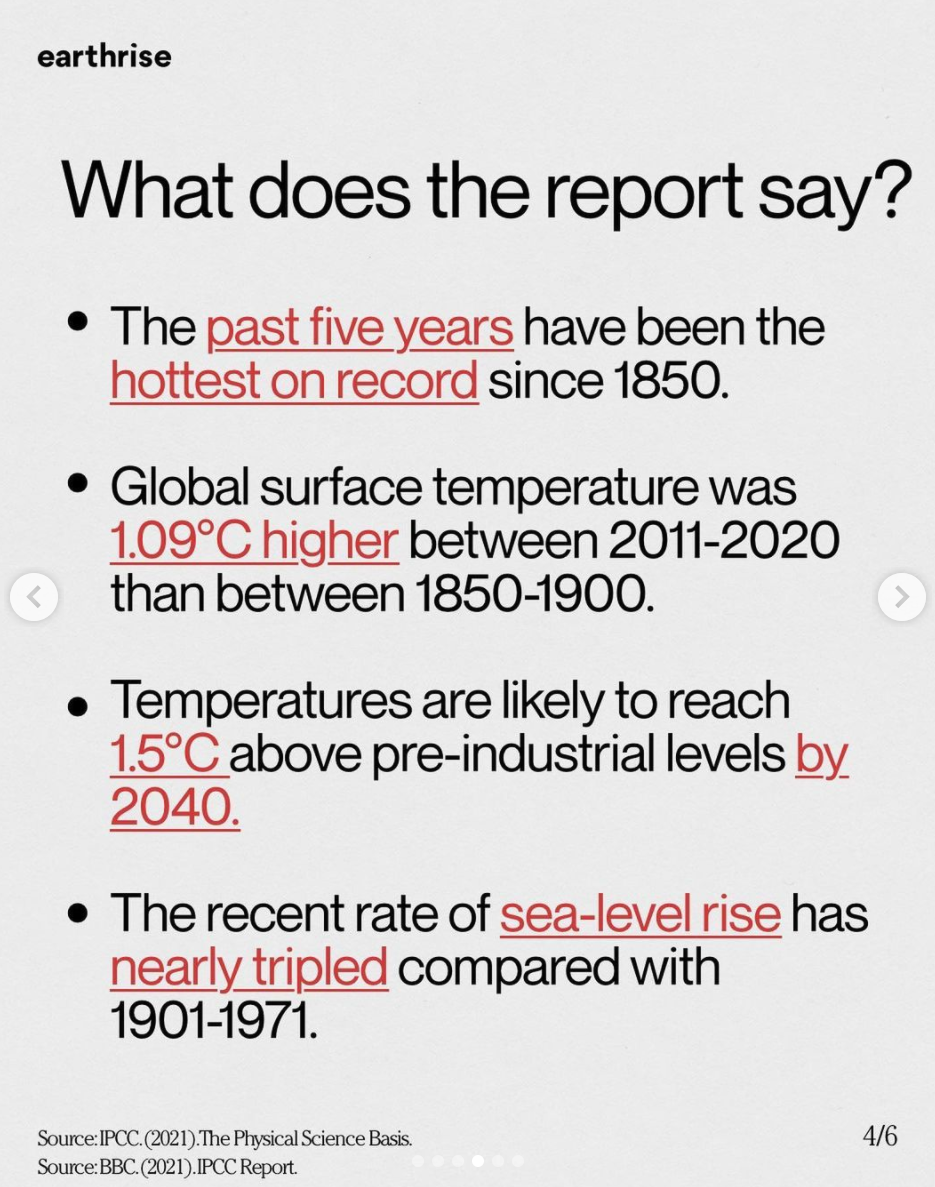
1. We’re set to pass 1.5C warming by 2040
According to IPCC authors, human activity is ‘unequivocally’ responsible for changing the Earth’s climate in inevitable and irreversible ways, one being our heating of the planet by approximately 1.1 degrees Celsius since the 19th century from burning coal, oil, and gas for energy.
Because nations have delayed curbing their fossil-fuel emissions for so long, we’ve already watched the consequences of this unfold, particularly in the form of recent blistering heatwaves, uncontrollable floods, and wildfires across the globe.
This puts the 1.5C temperature limit on life support.
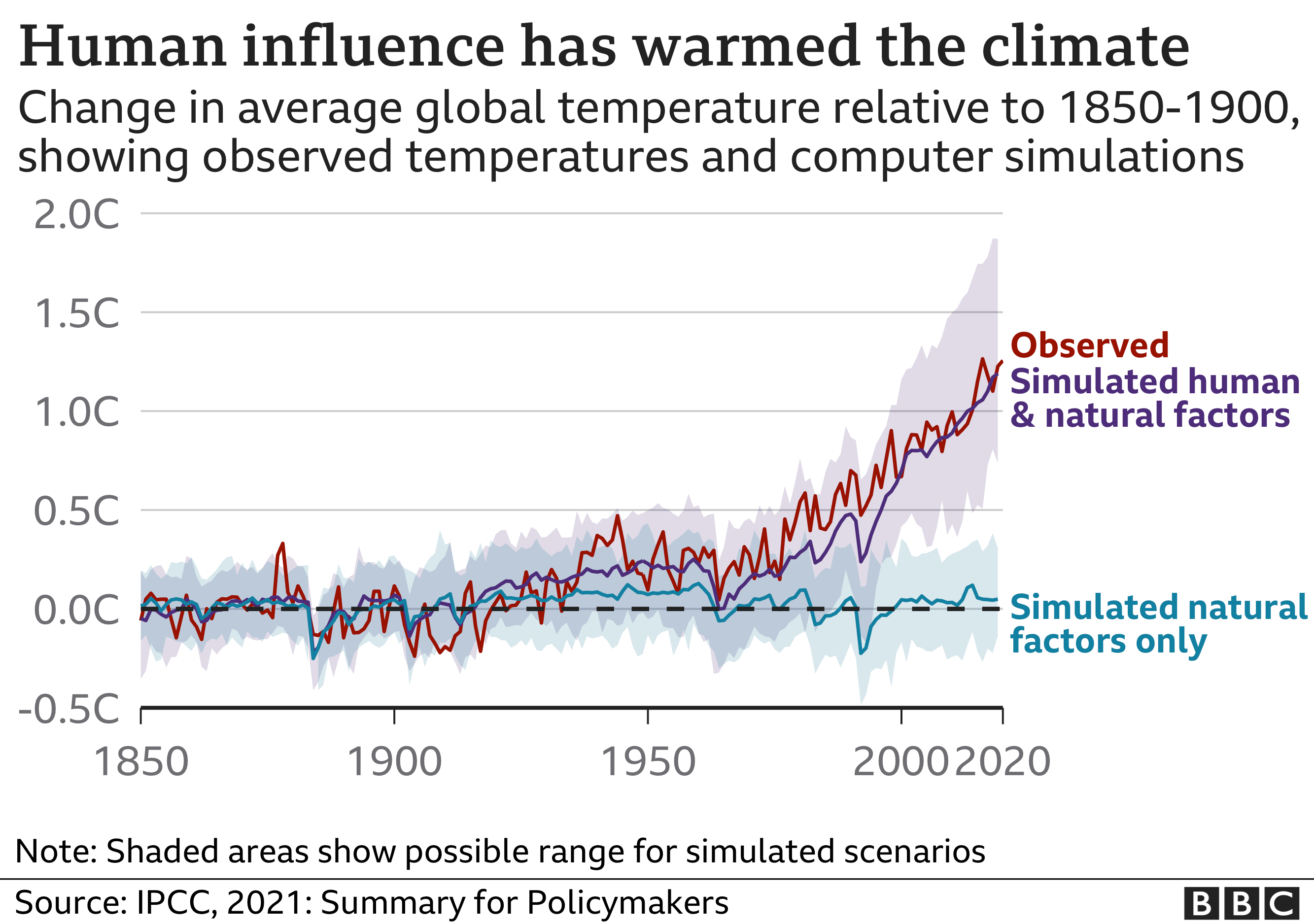
‘Without immediate, rapid, and large-scale reductions, curbing global warming to either 1.5C of even 2C above pre-industrial levels by 2100 would be beyond reach,’ reads the 42-page summary, outlining the concerning dangers of crossing this threshold.
To name a few, almost one billion people worldwide could swelter in more frequent life-threatening heatwaves, hundreds of millions more would struggle for water due to severe droughts, some animal and plant species alive today would go extinct, and coral reefs could die out altogether.
Avoiding this would require us to achieve net zero emissions by 2050 using clean technology.
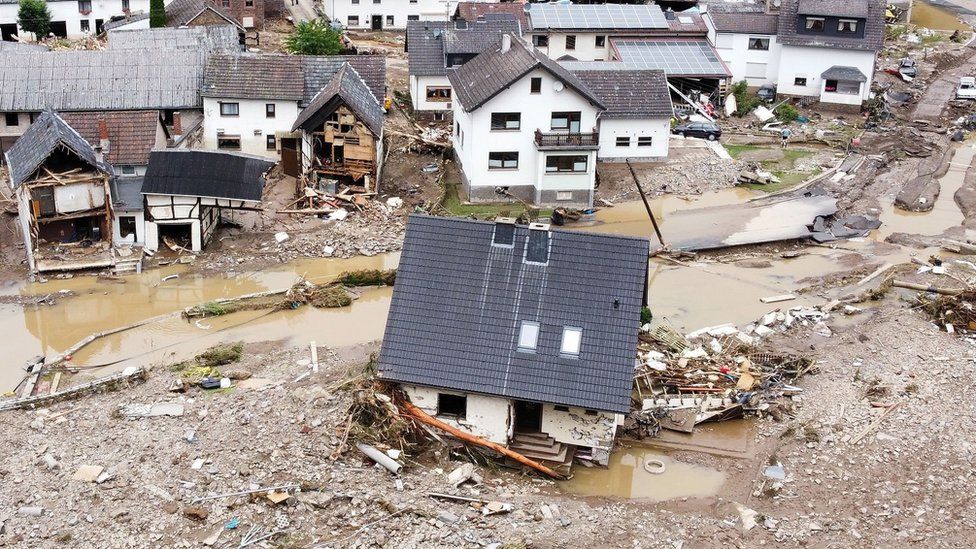
2. The crisis is widespread, rapid, and intensifying
‘We can expect a significant jump in extreme weather over the next 20 or 30 years,’ continues the report. ‘Things are unfortunately likely to get worse than they are now.’
This refers equally to those living in the West, where the risks of global warming are no longer something distant that solely impact people in faraway places. IPCC states that climate change is not a problem of the future, it’s here now and affecting every region in the world.
It also makes clear that the warming we’ve experienced to date has made changes to many of our planetary support systems that are irreversible on timescales of ‘centuries to millennia.’
For this reason, the oceans will keep acidifying and polar glaciers will keep melting for decades to come.
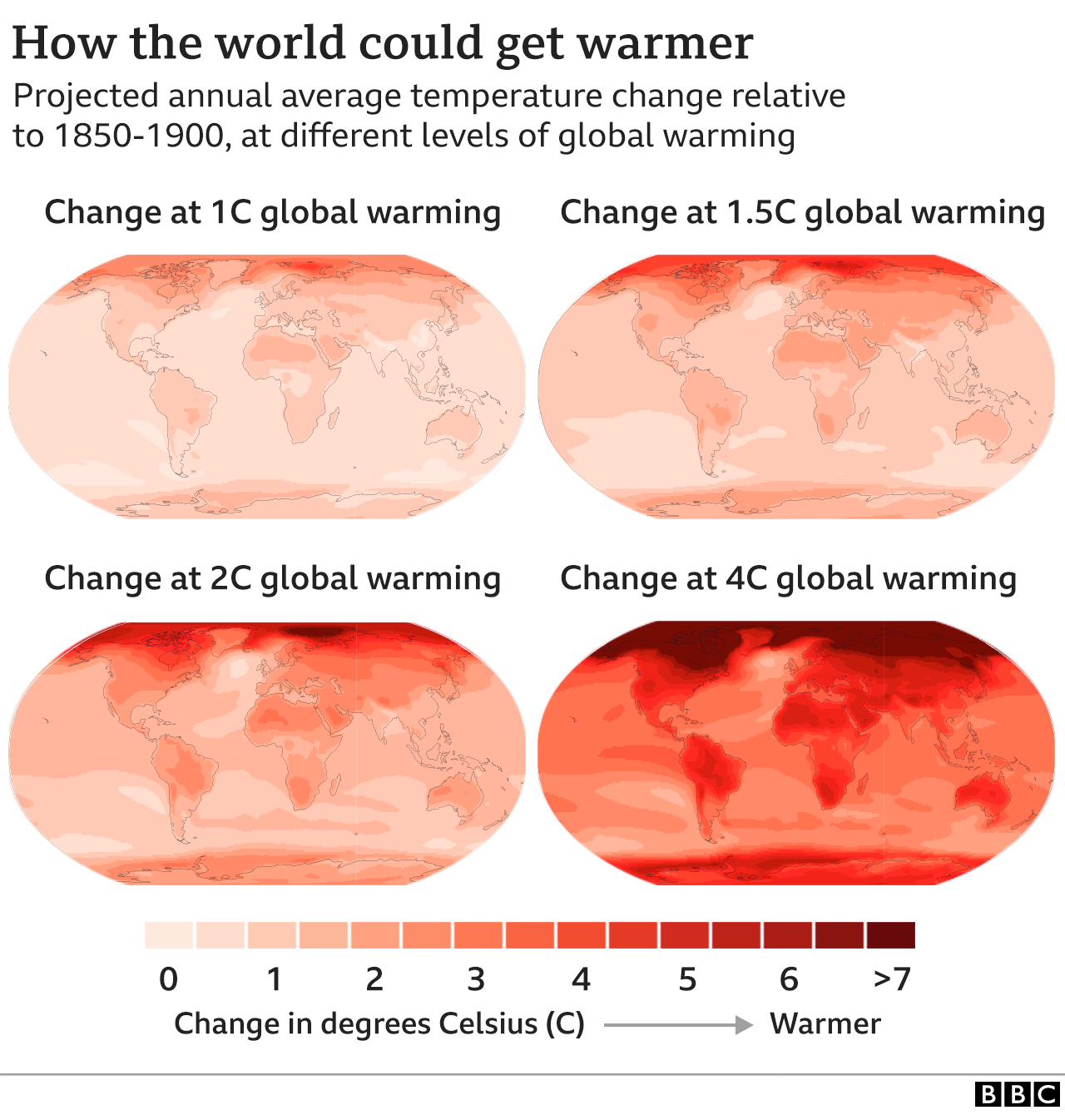
‘The probability of low-likelihood, high impact outcomes increases with higher global warming levels. Abrupt responses and tipping points of the climate system, such as strongly increased Antarctic ice sheet melt and forest dieback, cannot be ruled out.’
These tipping points have the potential to cause sea levels to rise more than a metre by 2100 and 15 metres by 2500 with waters continuing to rise long into the future.
Not only this, but forests could start to die as they become less able to absorb carbon dioxide – the likes of which the Amazon rainforest has already begun to experience.
‘We are now observing climate change with our own eyes in ways outside the bounds of natural variability, ways that are triggering extreme events.’









